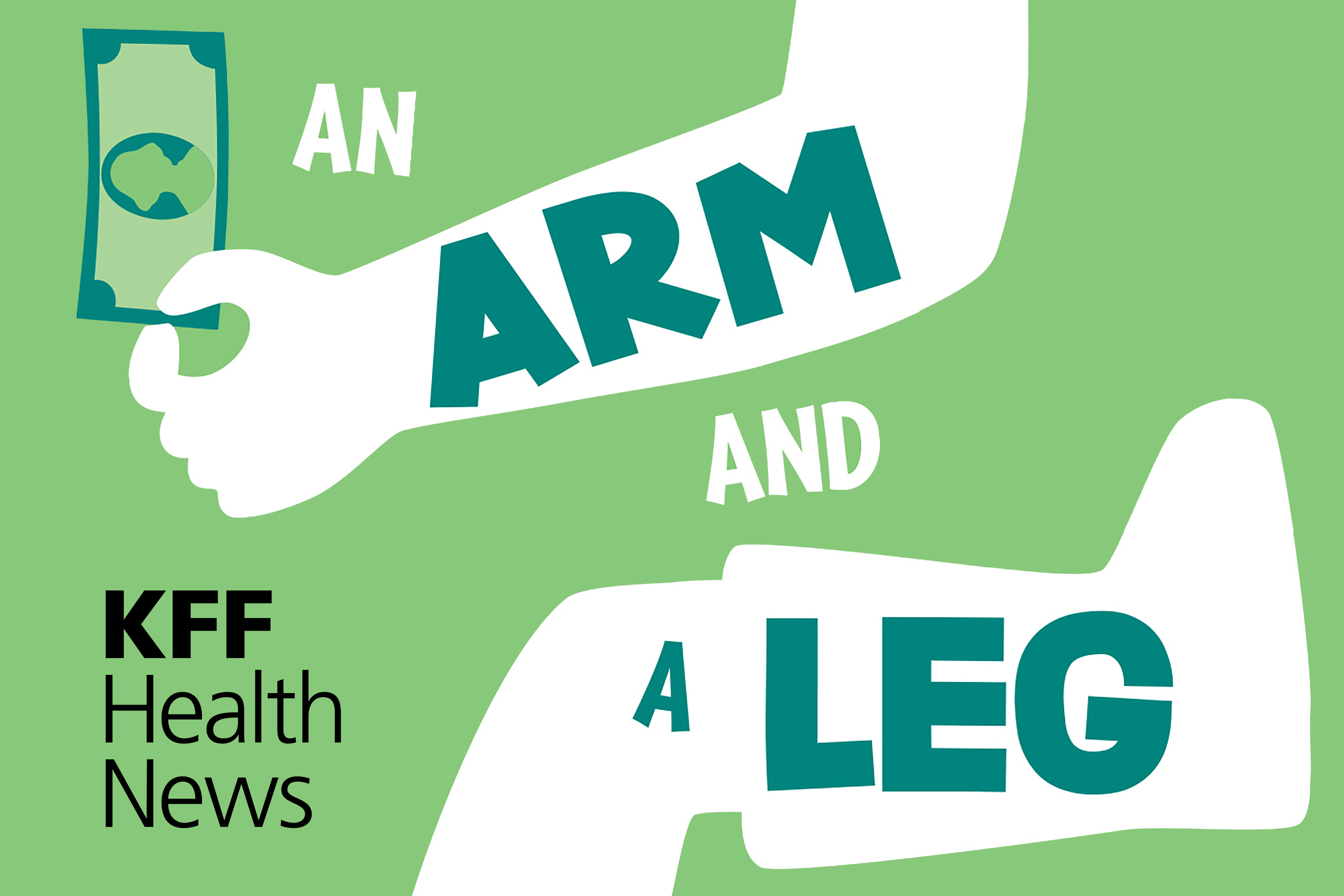The hours you work earlier in life may be associated with worse health years later, according to a study published April 3, 2024 in the open-access journal PLOS ONE by Wen-Jui Han from New York University.
Studies have consistently shown that nonstandard work schedules — working outside the traditional nine-to-five workday — can negatively impact physical and mental health as well as social and family life. The current study uses a life-course approach to provide a longer-term perspective on how work schedule patterns throughout a person’s working life impact their health in middle age.
Han used data from The National Longitudinal Survey of Youth-1979 (NLSY79), which includes data on more than 7,000 people in the US over 30 years, to see whether employment patterns in younger adulthood were associated with sleep, physical health, and mental health at age 50.
Han found that around a quarter of participants (26%) worked stable standard hours, with a further third (35%) working mostly standard hours. 17 percent initially worked standard hours in their 20s, later transitioning into volatile working patterns — a combination of evening, night, and variable hours. 12 percent initially worked standard hours and then switched to variable hours. A final ten percent were mostly not working over this period.
Compared to individuals who mostly worked during traditional daytime hours throughout their working career, those whose careers featured more volatile work schedules slept less, had lower sleep quality, and were more likely to report depressive symptoms at age 50. The most striking results were seen in those who had stable work hours in their 20s and then transitioned to more volatile work hours in their 30s. This effect size was significant and similar to that of being educated only to below high school level.
Han also found racial and gender-related trends. For example, Black Americans were more likely to have volatile work schedules associated with poorer health, highlighting how some groups may disproportionately shoulder the adverse consequences of such employment patterns.
Han suggests that volatile work schedules are associated with poor sleep, physical fatigue, and emotional exhaustion, which may make us vulnerable to an unhealthy life. The study also suggests that positive and negative impacts of work schedules on health can accumulate over one’s lifetime while highlighting how employment patterns can contribute to health inequities.
Han adds: “Work that is supposed to bring resources to help us sustain a decent life has now become a vulnerability to a healthy life due to the increasing precarity in our work arrangements in this increasingly unequal society. People with vulnerable social positions (e.g., females, Blacks, low-education) disproportionately shoulder these health consequences.”



